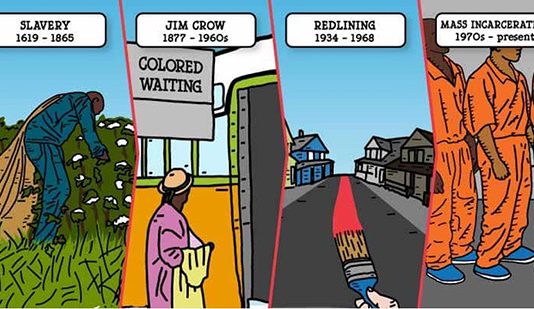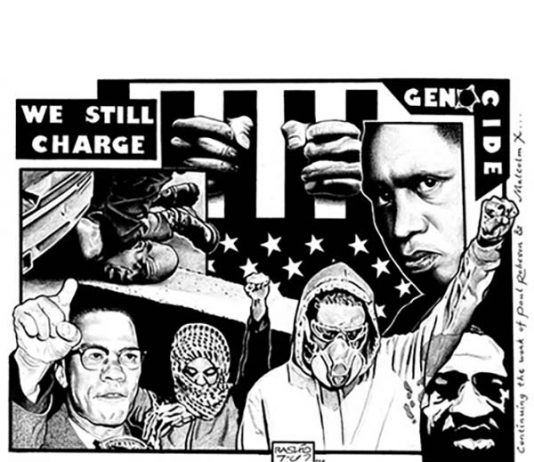Tag: Political Prisoners
Dissidents in U.S.-allied countries and U.S. political prisoners are ignored while people who try to destabilize their own countries are promoted as heroes
Gonzalo Lira was a Chilean journalist who was arrested in Ukraine in May 2023 for “producing and publishing material that tried to justify the ongoing Russian invasion,”...
In the 1970s, Canada held American Indian Movement (AIM) activist Leonard Peltier and turned him over to the U.S. Feds; Now the Coutts Four have been denied bail and have been in prison for more than 500 days without trial. The threat of domestic terrorism by right-wing groups is...
He has filed for a new trial based on recently discovered evidence: his prior trial was tainted by judicial bias, and police and prosecutorial misconduct that included withholding of evidence and bribing or coercing witnesses to lie
A judge will decide in mid-December if Mumia Abu-Jamal will receive a new...
CovertAction Bulletin: Everything you need to know about the Espionage Act & Trump – with John Kiriakou
Rachel Hu and Chris Garaffa - 1
After news broke of the investigation into Trump under the Espionage Act, we reached out to speak with Espionage Act expert, John Kiriakou to tell us what the act is about and who is really punished under it. John is a member of the Editorial Board of CovertAction Magazine and was himself charged and sent to prison under the Espionage Act for exposing the CIA’s torture program.
Also, this month is Black August. Begun in the 1970s, Black August is a month to commemorate political prisoners. For prisoners, it is a month of political education. It marks the anniversary of the killing of George Jackson and his brother Jonathan P. Jackson at San Quentin State Prison in 1971 and 1970, respectively.
We’re joined by Charisse Burden-Stelly, or Dr. CBS, to discuss the legacy, the lessons that liberation movements can learn today from Black August, the importance of the principles of "study, fast, train, fight" and uplifts the call to free them all - end the incarceration of and creation of new political prisoners today.
While Claiming to Defend Freedom Around the World, the U.S. Has Dozens of Political Prisoners—and the Majority are People of Color
James Patrick Jordan - 7
Racism is still the driving force behind U.S. political imprisonment
Political imprisonment in the United States exists primarily as a tool of racist repression. It is aimed disproportionately at people of color, as well as others engaged in anti-racist struggle. Whether in the fight against racism at home or against...
‘In the Spirit of Mandela’: International Tribunal Seeks to Charge U.S. Government with Crimes Against Humanity
Bob Lederer and Matt Meyer - 8
In this era of police violence, pandemic worries, and economic crisis, it is no surprise that U.S. (and local) government agencies have a poor track record of sharing information honestly and directly—especially information about their own complicity in actions and policies that are undemocratic, militaristic, racist, sexist or otherwise...






